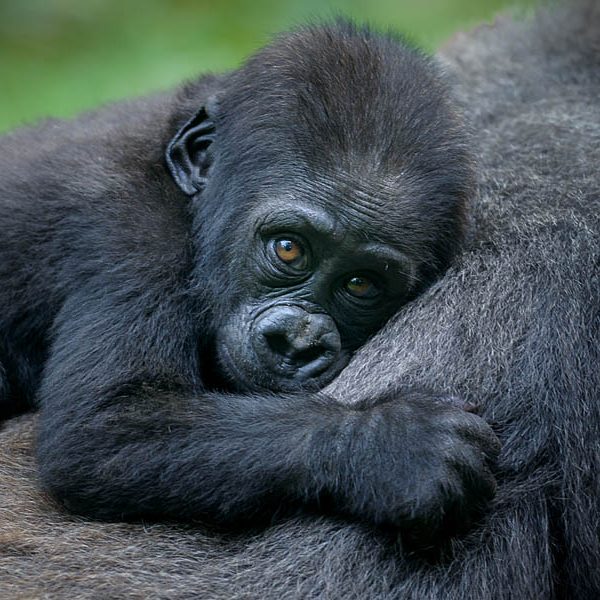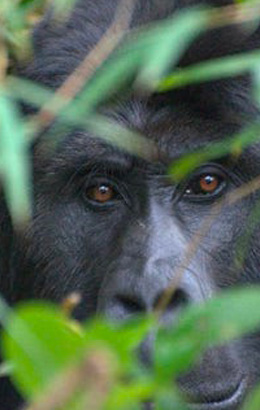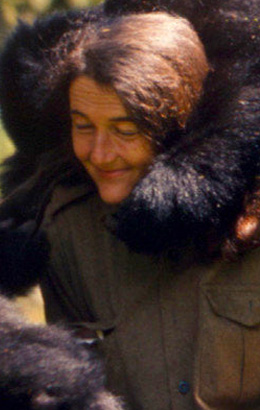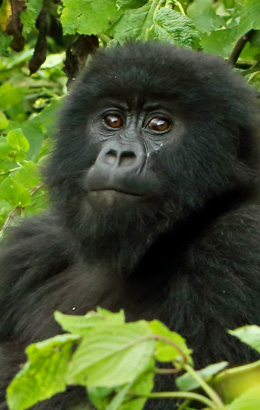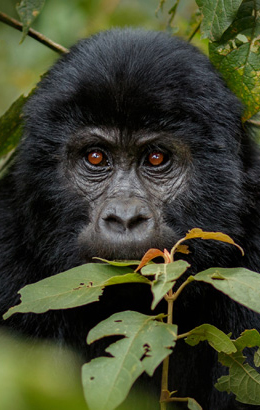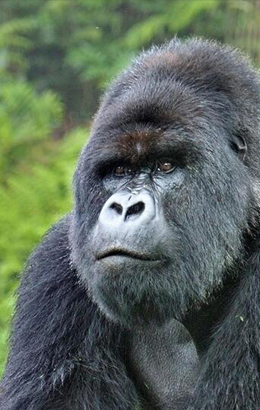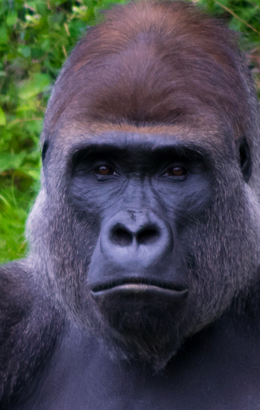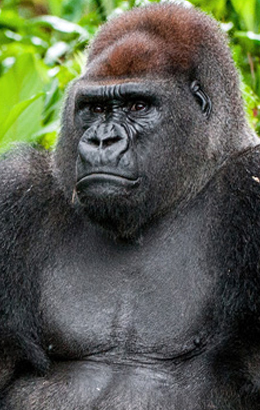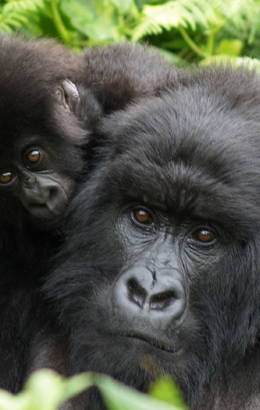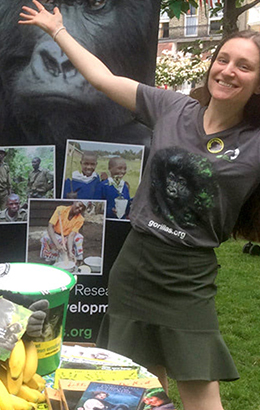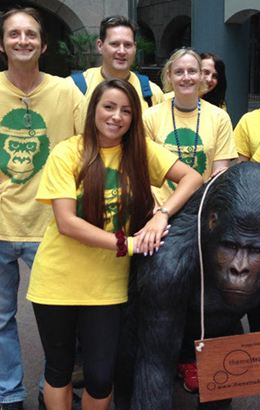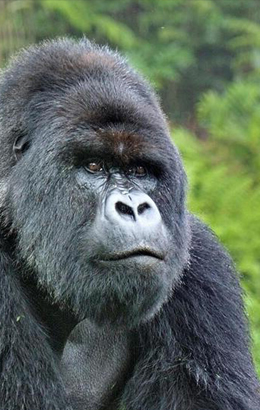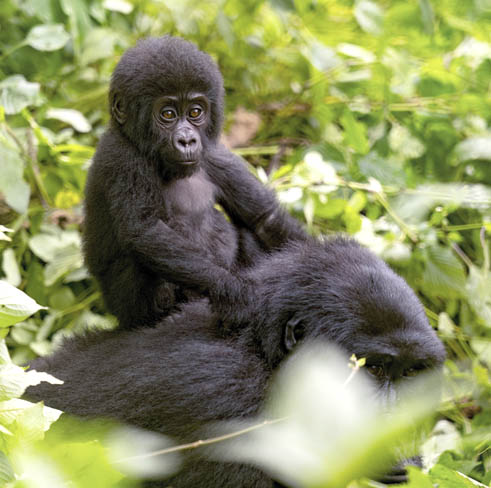Protecting baby gorillas from invisible threats
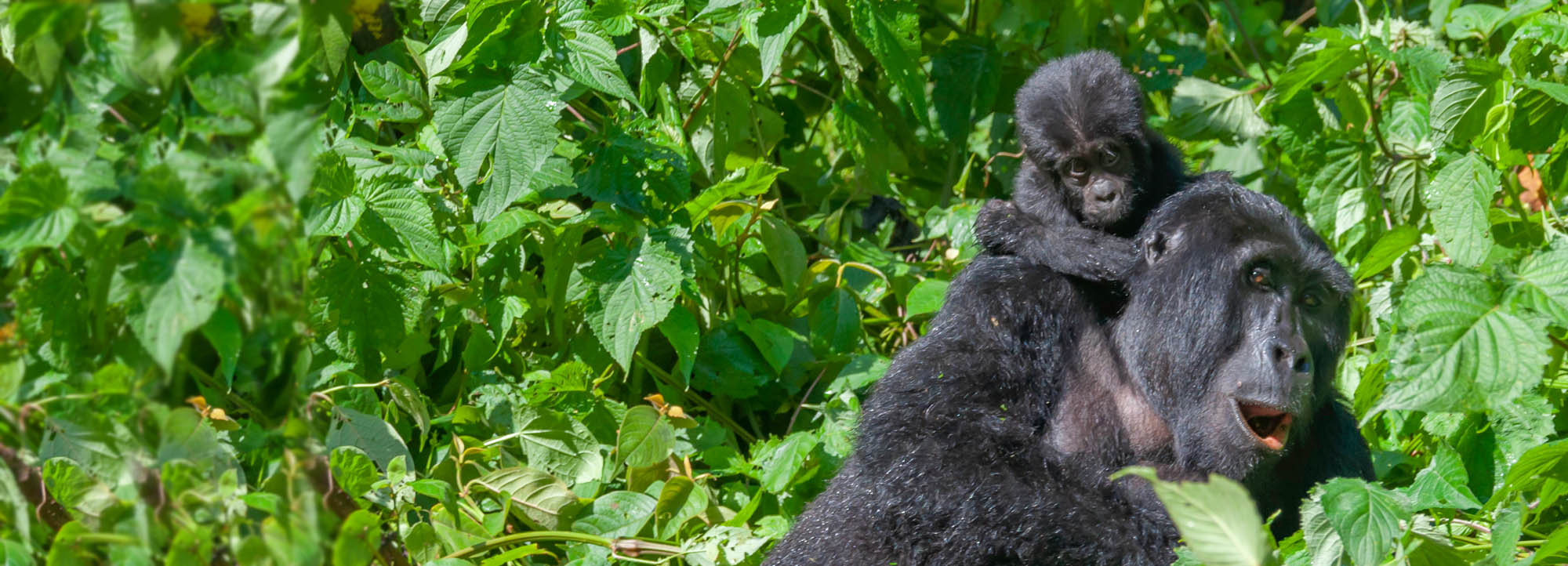
You can’t see them. You can’t smell them. But they’re the greatest threat any newborn gorilla will ever face.
Gorillas and humans share 98.4% of their DNA. That makes gorillas extremely vulnerable to the diseases humans carry.
The greatest threat is the Ebola virus. Of course, it’s deadly to humans, but it’s even worse for gorillas. In some areas, Ebola killed as many as 95% of all gorillas who caught it during the last big outbreak. A single infection could easily wipe out almost all the gorillas we’ve been fighting to protect for so long. The effects of climate change are making Ebola more likely to rise again. And refugees, displaced by war, bring new diseases in their wake.
We have to keep humans and gorillas apart – will you help us?
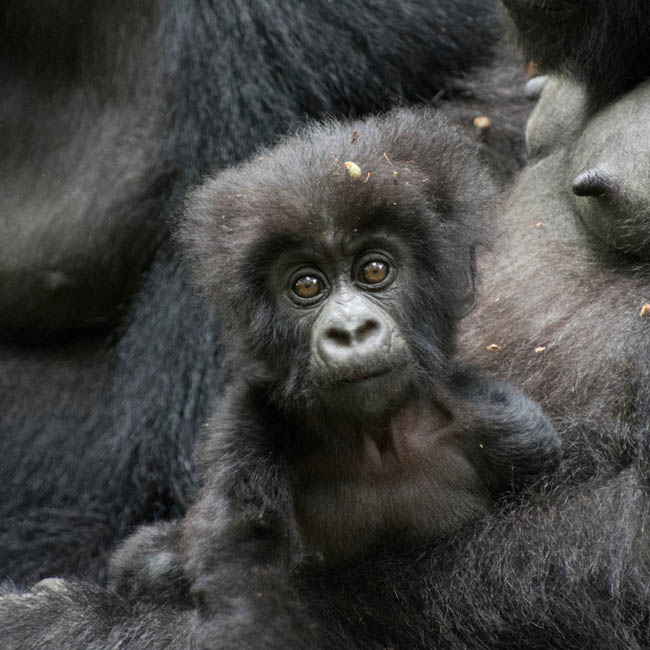
A single sneeze can be a deadly weapon
Even something that seems almost completely harmless to humans – a cold for instance – can be fatal for gorillas. In fact, respiratory diseases are the second largest killer of gorillas. So we simply have to keep humans and gorillas away from each other.
Gorillas have no acquired resistance to the diseases we carry. Which means they can easily be fatal. Baby gorillas have the weakest defences – so are most likely to suffer and die if they catch a human disease.
And that threatens the entire future of these gentle giants.
In fact, a single sneeze from an illegal hunter or an illegal miner could wipe out an entire troop of gorillas, starting with the precious babies.

Will you help protect baby gorillas from invisible threats?
We already know that we have to protect every single baby gorilla. We simply have to help them all reach adulthood, so they can go on to have babies of their own. Without them, there will be no more gorillas.
That means we need to keep humans out of the forests where gorillas have their homes. And if they do manage to reach the areas where gorillas live, we need rangers to keep gorillas and humans apart.
Gorillas can’t see, or hear, or smell the diseases that threaten to destroy them. They can’t protect themselves against bacteria and viruses.
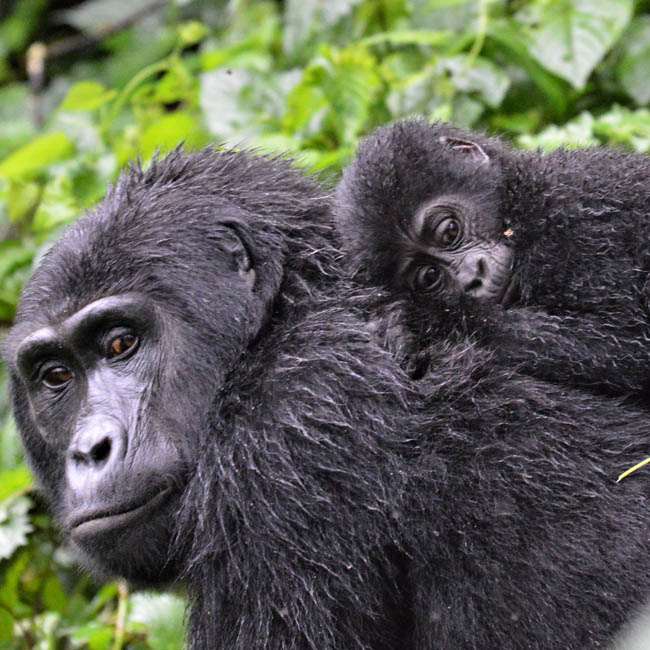
Will you help form a ‘thin green line’ around more baby gorillas?
There is only one way we can protect gorillas from human diseases. By making sure that humans never come close enough to infect them. That means putting rangers between gorillas and anyone who could come close to them.
Rangers are trained to stay far enough away from gorillas to make sure they never pass on any diseases they might be carrying. They wear gloves and masks when they have to enter gorilla habitat, to monitor the health of families or collect samples from the area.
Illegal hunters, illegal miners, armed militias who are hunting animals in the forest are not so careful. They don’t care if they kill gorillas with their traps or with diseases. Even villagers, searching for firewood or small animals to feed their families risk spreading disease unwittingly.
Will you help us train rangers to protect gorillas in this way, and give them the special protective equipment they need – like masks, gloves and sanitiser – to keep gorillas safe.
Extinction is forever. One sneeze could be all it takes to destroy decades of backbreaking conservation work. Please help protect gorillas, today.
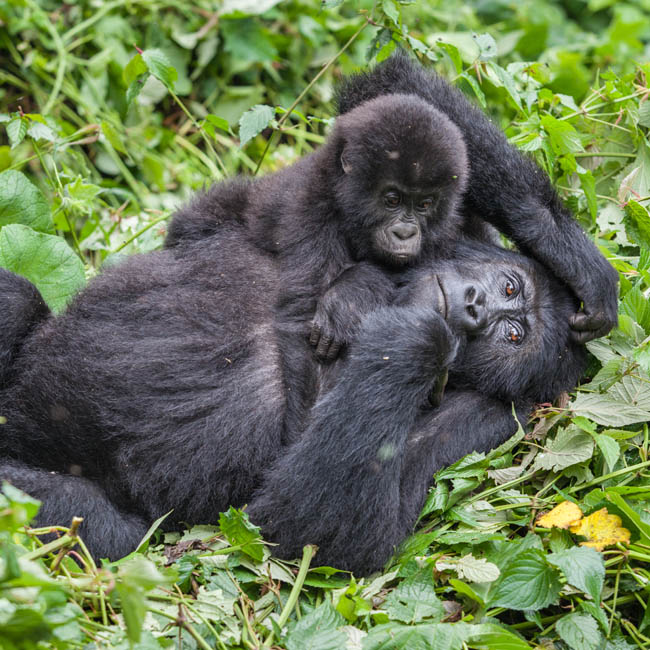
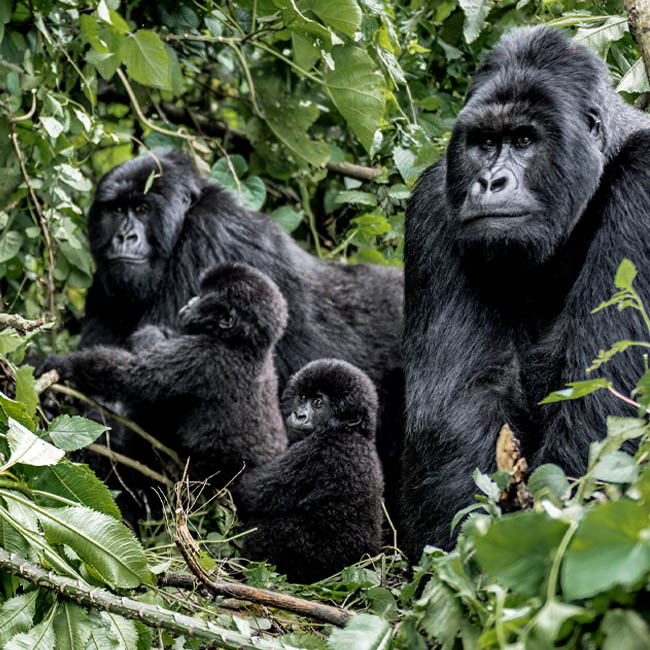
Your gift today could help pay for:
- Training so that more rangers understand the need to keep their distance from gorillas – and how to protect them even while they’re doing it
- Protective masks so that rangers don’t transmit diseases to gorillas through their breath or by sneezing
- Teaching materials for local schools so that children understand the need to stay away from gorillas if they ever see one
- Education for villagers to help them understand how to minimise the spread of disease and protect gorillas
- Protective gloves so that rangers can touch gorillas if they need to – when they’re assisting with emergency medical treatment
- You could even give a team of ten rangers a year’s supply of protective equipment for £228 – keeping gorillas safe from the spread of human diseases

